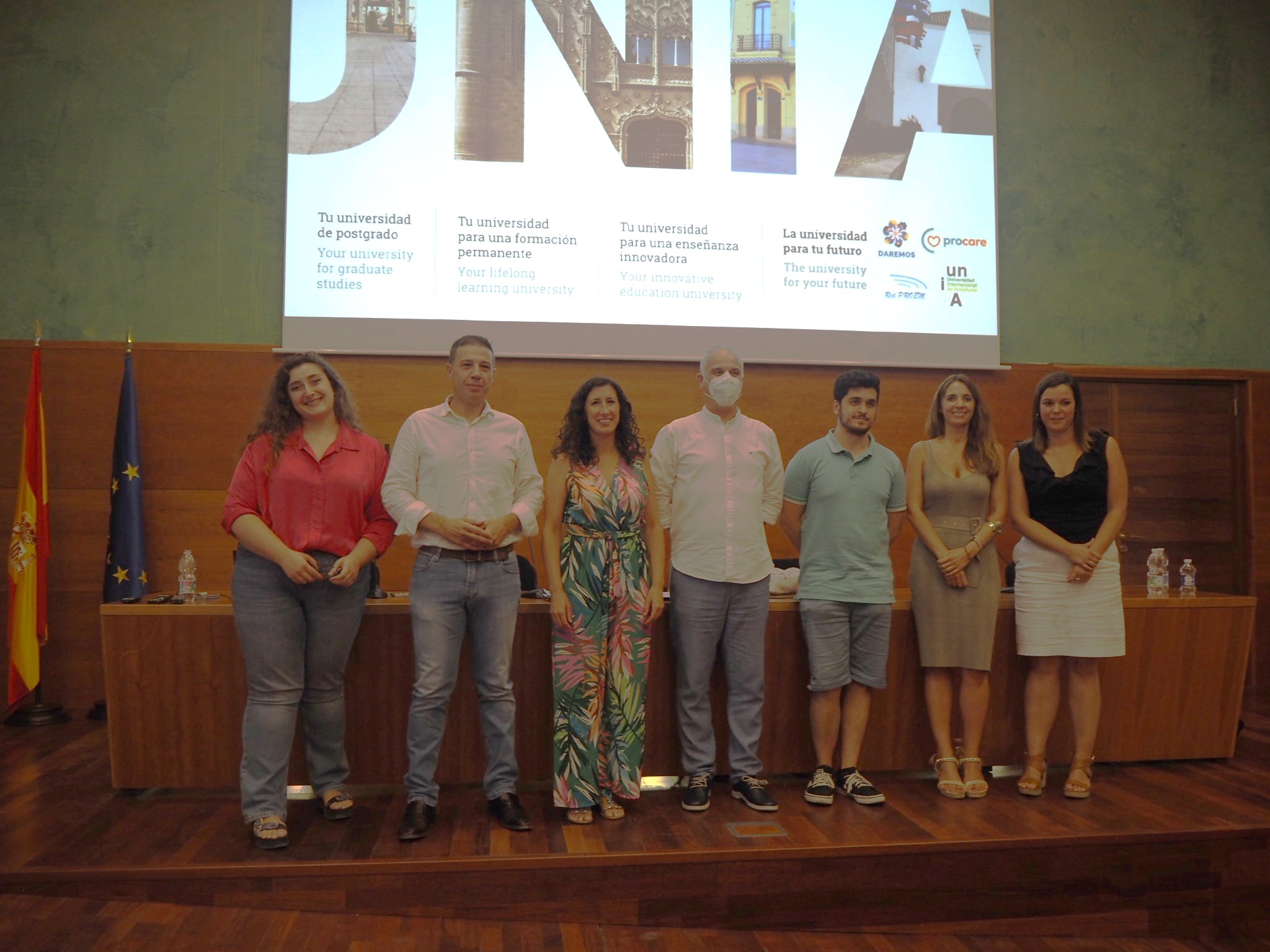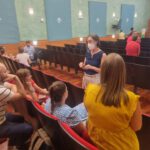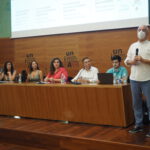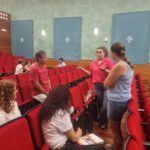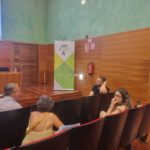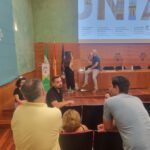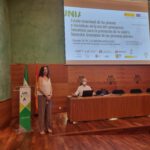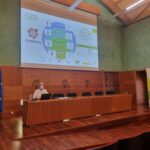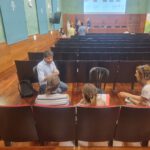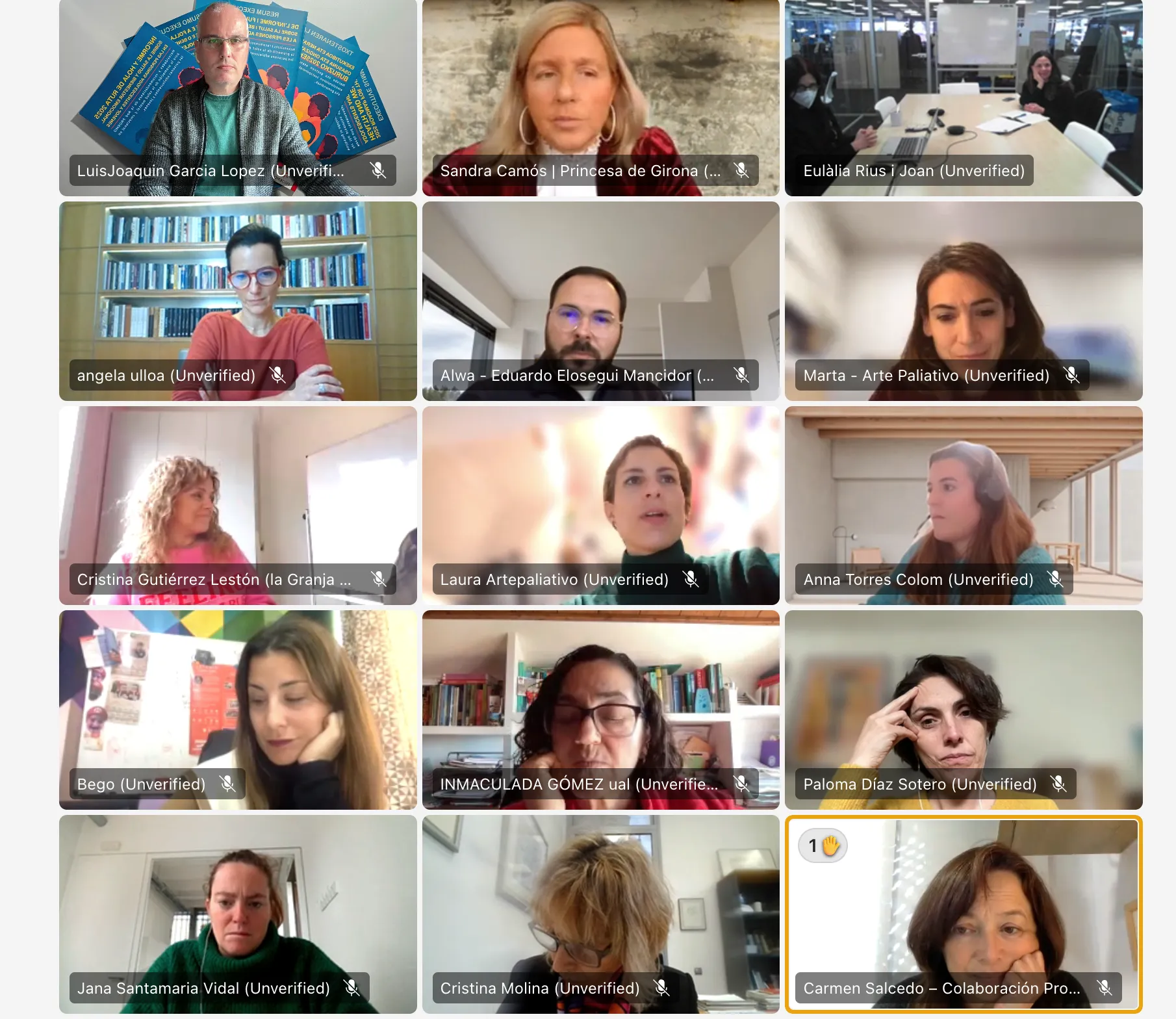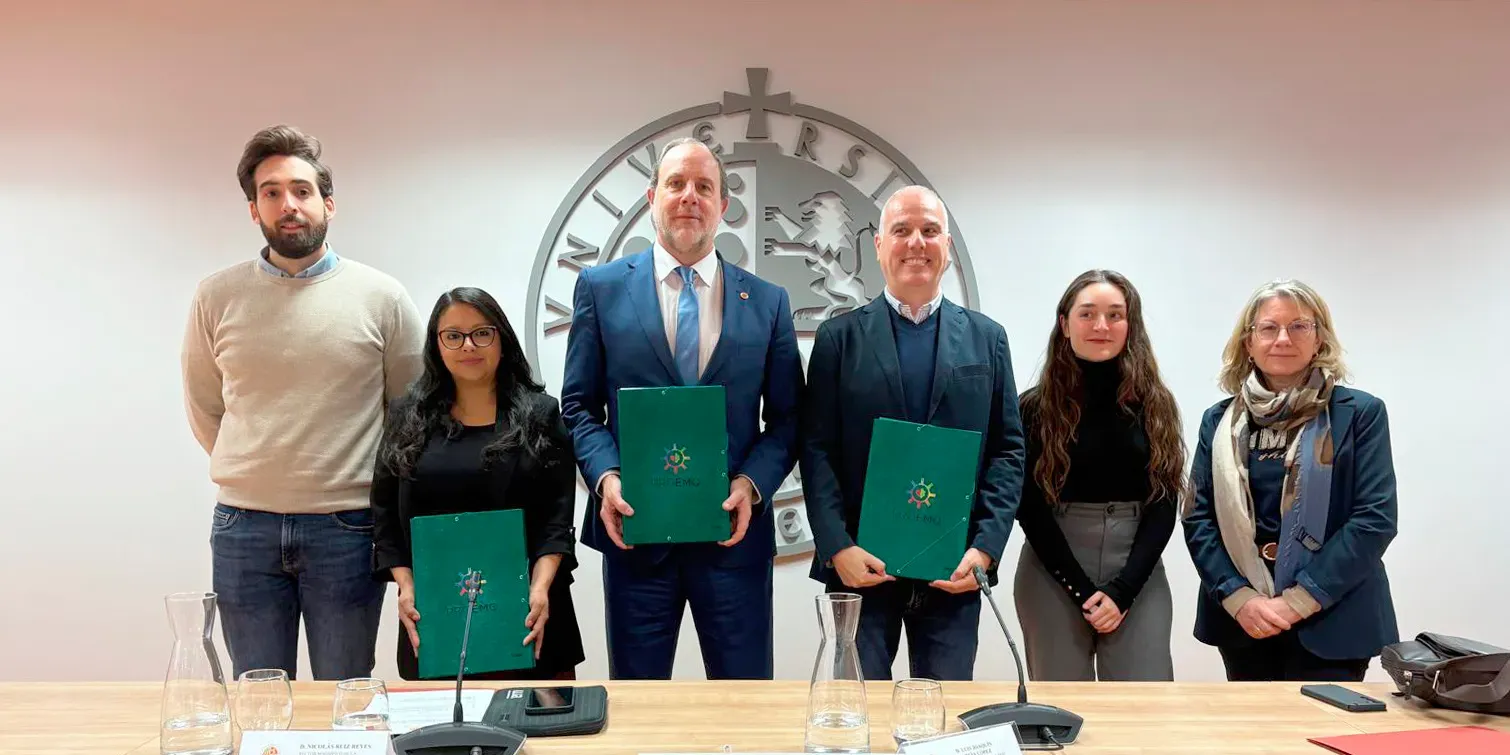An international meeting on the mental health of young people, within the framework of the summer courses of the UNIA, begins to address initiatives for the promotion of emotional wellbeing in people between 15 and 29 years of age.
23/08/2022.- Researchers in the field of mental health, epigenetics, big data, corpus linguistics and anthropology from the University of Jaén (UJA), legislators and experts from the third sector analyzed the emotional state of young people during the era of the coronavirus in the “International meeting for the health and emotional well-being of young people”, which started yesterday as part of one of the Summer Courses of the International University of Andalusia (UNIA) at the Antonio Machado de Baeza headquarters.
On this first day, different initiatives launched to promote the health and emotional well-being of young people were presented, such as DAREMOS, PROCARE, Digitas or Level Up.
Firstly, Luis Joaquín García, Professor of Psychology at the University of Jaén (UJA) and director of the course, delved into the situation of adolescents in the field of mental health during confinement and de-escalation. In particular, he presented some of the worrying figures that indicate that anxiety and depression are risk factors that contribute significantly to youth suicide, which has become the leading cause of unnatural death among people aged 15 to 29 years. He also presented the videos that show the results of the PROCARE and DAREMOS initiatives, led by UJA, which have served to help young people at risk of developing emotional problems at different stages of the pandemic.
DAREMOS is a pioneering initiative led by the UJA and the Institute of Biomedicine of Malaga (IBIMA), which helps in the early detection of adolescents at risk of suffering emotional problems, through a vision that integrates epigenetics and language analysis. “This multidisciplinary facet allows us to listen to the voices of young people and offer them potential biomarkers and linguistic markers that are complementary measures to help identify these adolescents with problems,” explains Luis Joaquín García. For its part, PROCARE is a pioneering tool led by the UJA, in collaboration with the Universitat Rovira i Virgili, the Miguel Hernández University of Elche and the University of Miami, which makes it possible to treat young people at risk of suffering emotional problems. “For the first time, a single intervention is not used for everyone, but rather the specific needs that adolescents have are listened to and specific strategies are implemented for those identified problems.” Both initiatives have had an External Advisory Board formed by the Spanish Youth Institute (INJUVE), the Spanish Youth Council (CJE), the Youth Group of the State Federation of Lesbians, Gays, Trans, Bisexuals, Intersexuals and more (FELGTBIq+), the Confederation of Organizations of Psychopedagogy and Guidance of Spain (COPOE) and the Spanish Association of Mutual Help against Social Phobia and Anxiety Disorders (AMTAES).
Secondly, a round table was held to analyze the current situation and future strategies regarding the mental health of young people from legislative, governmental and non-governmental initiatives. The UJA researcher Pilar Martínez moderated this round table, in which participated Ricardo Blázquez, spokesperson for Health in the Youth Council of Spain (CJE), Ildefonso Ruiz, spokesperson for Ciudadanos in the Provincial Council of Jaén, Eva Reina, member of the European Youth Information and Counselling Agency (ERYICA), Inmaculada Nieto, Provincial Coordinator of the Youth Council of Spain (CJE) and Vocational Guidance of the Territorial Delegation of Córdoba, and Amanda Fernández, General Director of Early Childhood, Innovation and Educational Community of the Department of Education and Vocational Training of the Government of the Balearic Islands. All of them have presented some of the actions implemented by their respective institutions in the field of mental health of young people, as well as proposals and projects for improvement in favor of the promotion of the emotional wellbeing of this population sector.
Finally, in the afternoon, the action ‘DAREMOS – PROCARE: Café con virolos’ took place, an interdisciplinary meeting between students and young researchers experts in psychology, linguistics, Big Data and audiovisual communication. In it, the researchers of DAREMOS and PROCARE, Luis Joaquín García, Belén Díez, Arturo Montejo, Pilar Martínez, Manuel Vivas, Álvaro Muela and Jesús Sánchez have deepened their research work, from a multidisciplinary point of view.
During the next two days of the course, which closes on Thursday, August 25, knowledge about initiatives, projects, resources and tools developed by researchers at the University of Jaén in pursuit of the promotion of mental health in young people will be expanded.
